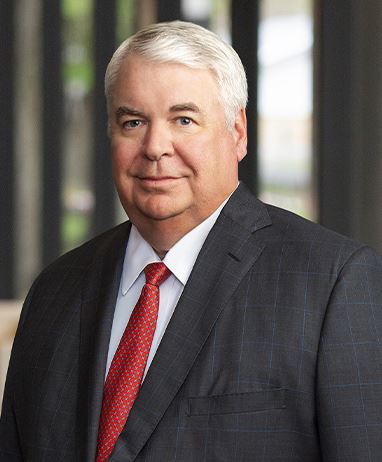Cosmetic injections, such as Botox and dermal fillers, and weight-loss injections, such as Wegovy® and Ozempic®, are popular offerings at med spas, weight-loss clinics, and dermatology practices.
But are they considered the practice of medicine in Texas?
Yes. Cosmetic injections do involve the practice of medicine in Texas. And, by law, estheticians and cosmetologists can only perform injections, including Botox and fillers, under the authority of a physician.
Per the Texas Administrative Code, “these procedures can result in complications and the performance of these procedures is the practice of medicine.” Further, the law requires that a physician, or properly supervised midlevel practitioner (such as a PA or APRN), perform an appropriate patient examination and issue an order for the recommended treatment.
Illegal Cosmetic Injections On Trial in Texas
In early April, two Houston-area women were arrested on charges of unlawfully practicing medicine for illegally injecting substances into clients' buttocks.
In Texas, we've had a series of criminal cases involving the unlicensed practice of medicine and cosmetic injections, including.
- In 2005, Dolores Agripino was convicted on 16 counts of practicing medicine without a license and 11 counts of aggravated assault for injecting women with what turned out to be mineral oil.
- In 2017, Denise Rochelle Ross was convicted of murder and practicing medicine without a license when a former client died after an injection.
In both cases, the defense counsel argued that cosmetic procedures don't involve the practice of medicine because the cosmetic procedure is not designed to treat any condition or deformity.
However, by law in Texas, the practice of medicine is defined as "the diagnosis, treatment, or offer to treat a mental or physical disease or disorder or a physical deformity or injury by any system or method, or the attempt to effect cures of those conditions, by a person who:
- publicly professes to be a physician or surgeon; or
- directly or indirectly charges money or other compensation for those services."
Mari Robinson, then manager of investigations with the Texas Medical Board (TMB), testified at the Agripino trial that "injecting something into someone for a desired effect using a prescriptive device to maintain an outcome or to treat what the person may consider to be a deformity" would be considered the practice of medicine by the board.
The Consequences of Practicing Medicine Illegally in Texas
You do not have to hold yourself out as, or claim to be, a physician to meet the legal definition of practicing medicine.
If you charge for services intended to treat or cure what the individual receiving treatment perceives as a “deformity” then you are practicing medicine illegally and at risk of civil penalties and criminal charges.
Practicing medicine in Texas without a license is a crime in Texas.
Criminal penalties vary depending on the circumstances and seriousness of the violation:
- An offense that causes financial harm is a state jail felony (up to 24 months in jail).
- An offense that causes physical or psychological harm is a felony of the third degree (two to 10 years in prison).
There are also civil penalties and injunctive remedies available to the Texas Medical Board and Attorney General of Texas:
- The attorney general can impose civil penalties of up to $1,000 for each violation of the Medical Practice Act, and for each day the violation continues.
- The Texas Medical Board also has the authority to issue a cease-and-desist order prohibiting the person from engaging in the activity.
As of April 12, 2024, according to its website, the TMB had issued 22 cease-and-desist orders – 14 for offering, advertising, or performing cosmetic services or injections with no physician supervision or approval.
A violation of a cease-and-desist order issued by the TMB is punishable by an administrative penalty of up to $5,000 per violation, and for each day the violation persists.
Texas Attorneys For Med Spa and Cosmetic Procedures Compliance
Healthcare providers and med spa owners should take care when establishing a med spa or other business that offers nonsurgical cosmetic procedures.
Speak to a healthcare attorney to confirm that your entities are set up correctly and that policies and procedures are in place to help protect patient safety and ensure regulatory compliance. Call (713) 909-7323 today.



